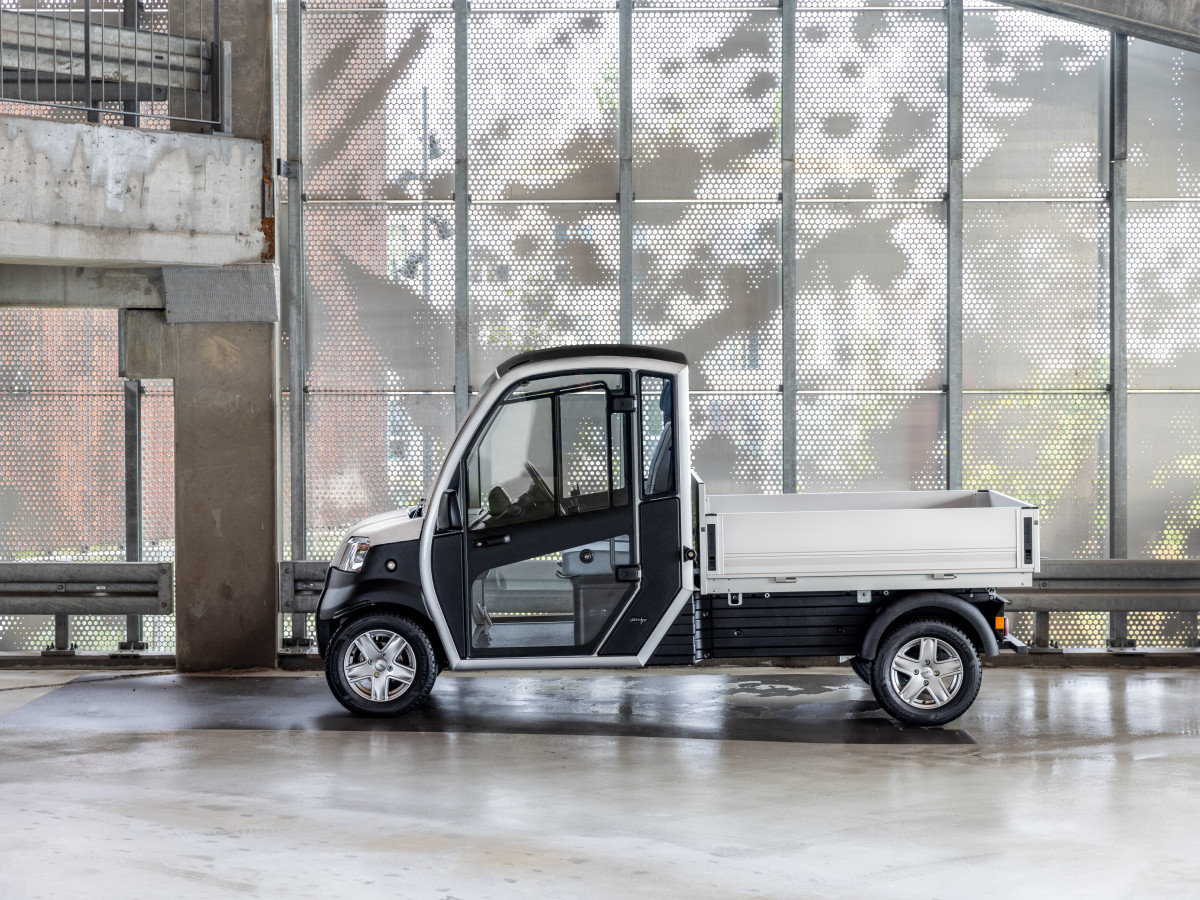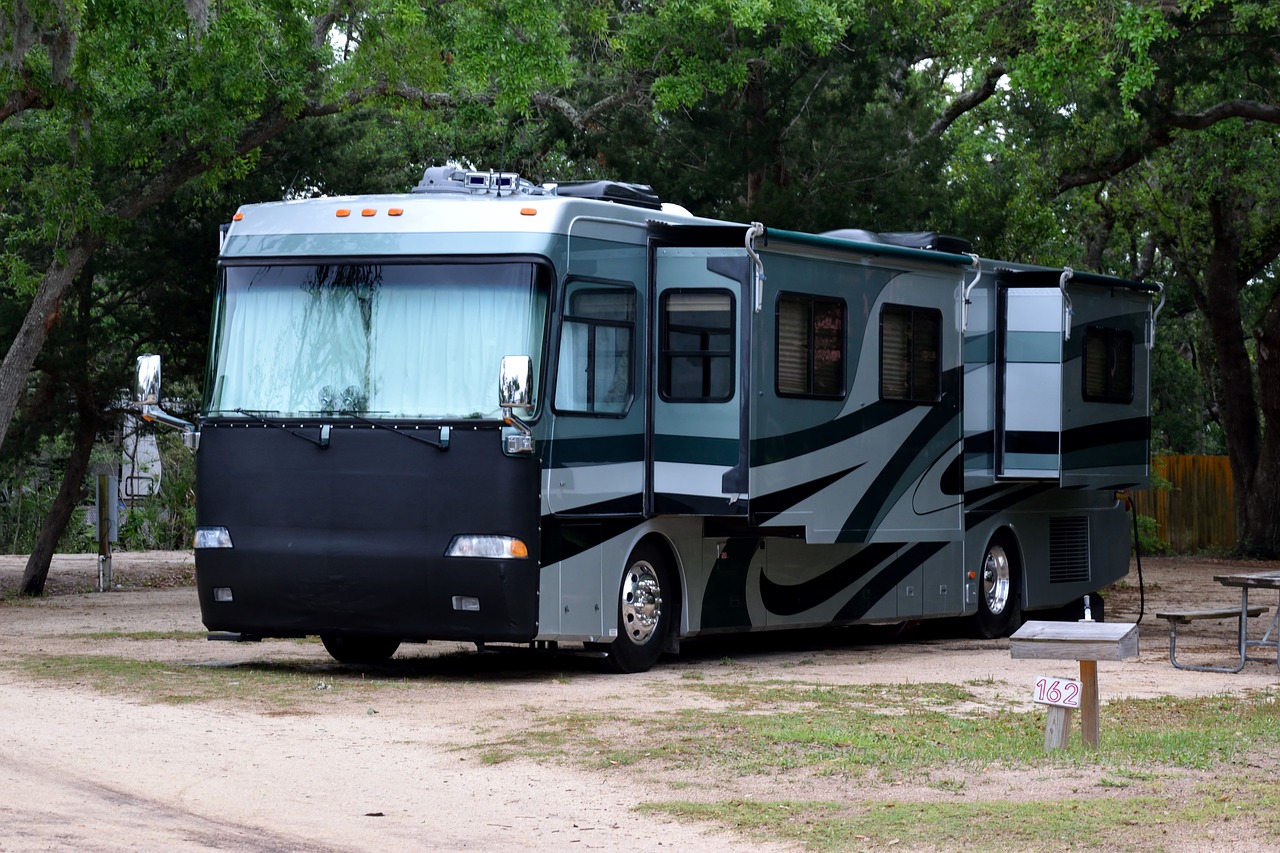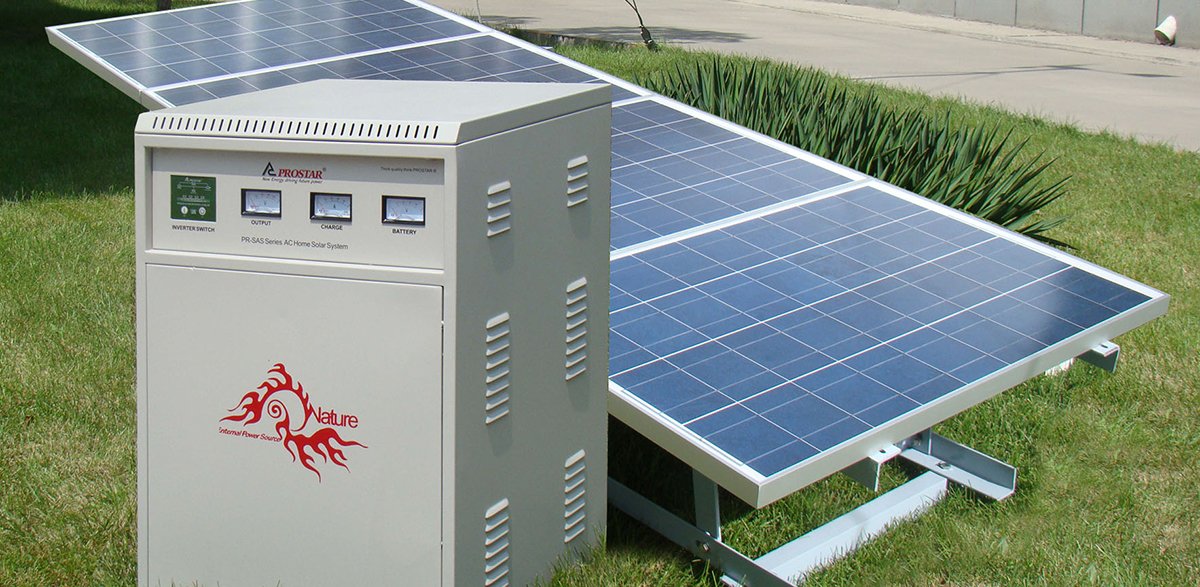Best rv for off grid living – Best RV for off-grid living? Escape the grid and embrace unparalleled freedom! Imagine waking to breathtaking sunrises in secluded wilderness, the only sounds the whisper of the wind and the chirping of birds. This isn’t a fantasy; it’s the reality waiting for you with the right RV, meticulously equipped for self-sufficient adventures. This guide unravels the secrets to finding your perfect off-grid haven, exploring essential features, power systems, water management, and much more, empowering you to embark on the journey of a lifetime.
Choosing an RV for off-grid living requires careful consideration of several key factors. From energy independence with solar panels and efficient appliances to robust water storage and purification systems, every detail contributes to a comfortable and sustainable experience. We’ll delve into the practicalities of waste management, the importance of durable construction, and safety measures crucial for navigating remote locations.
Whether you’re a seasoned adventurer or a budding off-grid enthusiast, this comprehensive guide provides the knowledge you need to make an informed decision and embark on your off-grid adventure with confidence.
Water Systems in Off-Grid RVs
Embarking on the adventure of off-grid RV living necessitates a robust and reliable water system. The ability to source, store, purify, and manage water effectively is paramount to comfort and safety. This section delves into the crucial aspects of water management in your off-grid haven, exploring various techniques and best practices for ensuring a consistent and safe water supply.
Browse the implementation of basic needs for off grid living in real-world situations to understand its applications.
Successfully managing water in an off-grid RV involves a multifaceted approach, encompassing efficient storage, effective purification, and mindful conservation. The choices you make in each of these areas directly impact your self-sufficiency and the overall enjoyment of your off-grid lifestyle.
Water Storage and Purification Methods
Choosing the right water storage and purification methods is critical for maintaining a safe and reliable water supply. Several options exist, each with its own set of advantages and disadvantages regarding effectiveness, cost, and maintenance.
- Freshwater Tanks: Most RVs come equipped with freshwater tanks, typically made of polyethylene. These are relatively inexpensive and easy to install, but require regular cleaning and disinfection to prevent bacterial growth. Capacity varies greatly depending on the RV model, ranging from 20 to 100 gallons or more. Proper sealing is crucial to prevent leaks.
- Water Purification Tablets: These are lightweight and convenient for treating water from questionable sources. However, they may not remove all contaminants, and their effectiveness depends on the initial water quality. Follow the manufacturer’s instructions carefully for optimal results. Some tablets also leave a slightly unpleasant taste.
- Water Filters: These range from simple inline filters to more sophisticated systems with multiple stages of filtration. They remove sediment, chlorine, and other impurities, improving the taste and safety of the water. Regular filter replacement is essential for maintaining their effectiveness. Different filter types address different contaminants, so choose based on your water source’s characteristics.
- UV Water Purifiers: These use ultraviolet light to kill bacteria and viruses. They are effective against a wide range of pathogens but may not remove all chemical contaminants. UV purifiers require a power source and regular maintenance, including bulb replacement.
Water Conservation Best Practices
Conserving water is vital in an off-grid setting where replenishing supplies can be challenging. Implementing these strategies can significantly reduce your water consumption and extend the life of your water supply.
- Low-Flow Showerheads and Faucets: Switching to low-flow fixtures can drastically reduce water usage without sacrificing comfort. Many models are available that offer excellent water pressure despite their lower flow rates.
- Composting Toilet: A composting toilet eliminates the need for flushing, saving a considerable amount of water. These toilets require regular maintenance, involving emptying and composting the waste.
- Greywater Recycling (discussed in detail below): Reusing greywater for non-potable purposes like irrigation significantly reduces water consumption.
- Water-Efficient Appliances: Choosing appliances with low water usage, such as a low-flow washing machine (if applicable), contributes to overall conservation.
- Mindful Water Usage: Simple habits like shorter showers, turning off the tap while brushing teeth, and reusing greywater for cleaning tasks can make a significant difference.
Greywater Recycling System Installation and Maintenance
A greywater recycling system allows for the reuse of water from showers, sinks, and washing machines for irrigation or toilet flushing. While this system requires initial investment and careful planning, it can significantly reduce water consumption and enhance your self-sufficiency.
Installation typically involves plumbing a separate greywater line from the greywater sources to a storage tank. This tank may be underground or above ground, depending on space and preference. From the storage tank, the water is typically pumped to a drip irrigation system for watering plants. A filter is often included to remove solids and debris before reuse.
Regular cleaning of the storage tank and filter is crucial to prevent bacterial growth and maintain system efficiency. Proper design and installation are essential to prevent cross-contamination with potable water. Local regulations regarding greywater systems must be carefully considered before implementation.
Waste Management in Off-Grid RVs

Off-grid RV living necessitates a thoughtful approach to waste management, significantly different from traditional RVing. Successfully navigating this aspect hinges on minimizing waste generation, employing effective treatment systems, and adhering to environmentally responsible practices. The key lies in embracing systems that are both practical for remote living and minimize environmental impact.Waste management in off-grid RVs centers around two main categories: blackwater (toilet waste) and greywater (wastewater from sinks, showers, and laundry).
Effective strategies for each are crucial for a comfortable and sustainable off-grid lifestyle.
Blackwater Management Systems
Several methods exist for managing blackwater in an off-grid setting, each with its own pros and cons. Choosing the right system depends on factors like budget, personal preferences, and the frequency of your off-grid trips. A common solution involves the use of a holding tank, similar to those in conventional RVs, but with a focus on efficient emptying at designated dump stations.
However, for truly off-grid living, this solution presents limitations. Alternatively, composting toilets offer a sustainable and environmentally friendly option, ideal for prolonged stays in remote areas. Finally, incinerating toilets, while less common, provide a solution for complete waste elimination through burning, though they require a reliable power source and careful maintenance.
Greywater Management Systems
Managing greywater responsibly is equally important. Simple methods include using a greywater tank for storage and later disposal at a suitable location, similar to blackwater tanks. However, more environmentally friendly approaches involve employing greywater recycling systems. These systems filter and treat the wastewater, making it suitable for irrigation or other non-potable uses. For example, a simple system might involve filtering the water through gravel and sand beds before using it to water plants.
The choice between storage and recycling depends on the available space, water consumption habits, and the surrounding environment.
Composting Toilets in Off-Grid RVs
Composting toilets are a cornerstone of environmentally responsible off-grid RV living. Unlike traditional flush toilets, they utilize natural processes to decompose human waste. They typically involve a separation system separating liquid from solid waste. Solid waste is composted with organic materials (like sawdust or coconut coir), reducing the volume and eliminating odors. Liquid waste may be collected separately for later disposal or treated through a greywater system.
Regular maintenance, including adding appropriate composting material and occasional emptying of the finished compost, is essential for optimal performance. The resulting compost can even be used as fertilizer, minimizing waste and promoting sustainability. A well-maintained composting toilet significantly reduces the need for frequent waste disposal, a significant advantage in remote areas.
Minimizing Waste Generation and Effective Waste Disposal
Reducing waste at its source is crucial for off-grid living. Simple practices, like using reusable containers, minimizing single-use plastics, and composting food scraps, can drastically reduce waste volume. For effective waste disposal in remote locations, proper storage is paramount. Using airtight containers prevents odors and attracts fewer animals. Planning your route to include designated dump stations or areas suitable for safe disposal is also essential.
When disposing of waste, always adhere to local regulations and leave no trace. Remember that responsible waste management is not only about the systems you use, but also about your daily habits and conscious effort to minimize your environmental impact.
Off-Grid RV Safety and Maintenance
Embarking on the adventure of off-grid RV living requires a proactive approach to safety and meticulous attention to maintenance. The remoteness inherent in this lifestyle necessitates self-reliance and preparedness for unforeseen circumstances. Neglecting safety precautions or routine maintenance can quickly transform a liberating experience into a perilous one. This section details crucial safety measures and a comprehensive maintenance plan to ensure your off-grid journey remains both enjoyable and secure.
Potential Safety Hazards and Preventative Measures
Off-grid RV living presents unique safety challenges compared to traditional RVing. Exposure to the elements, reliance on self-generated power, and isolation from immediate assistance increase the risk of accidents and emergencies. Proactive measures are essential to mitigate these risks.
- Propane Safety: Regularly inspect propane tanks for leaks using soapy water. Ensure proper ventilation when using propane appliances. Never use propane inside the RV without adequate ventilation. A carbon monoxide detector is a vital safety device.
- Fire Prevention: Keep a fire extinguisher readily accessible and know how to use it. Maintain a clean RV to minimize fire hazards. Avoid overloading electrical circuits and regularly inspect wiring for damage. Store flammable materials properly.
- Water Safety: Use potable water only for drinking and cooking. Regularly disinfect water tanks to prevent bacterial growth. Be cautious when handling grey and black water, ensuring proper disposal and avoiding contact with skin. Understand the signs of waterborne illnesses.
- Electrical Safety: Use a surge protector to safeguard your electrical systems from power surges. Regularly inspect wiring and appliances for damage. Never work on electrical systems unless you have the appropriate knowledge and safety precautions.
- Wildlife Encounters: Store food securely to avoid attracting animals. Be aware of your surroundings and take necessary precautions when encountering wildlife. Carry bear spray or other appropriate deterrents in bear country.
Comprehensive RV Maintenance Checklist for Off-Grid Use
Regular maintenance is paramount for ensuring the longevity and safety of your off-grid RV. This checklist provides a framework for routine inspections and repairs.
- Pre-Trip Inspection: Before each trip, check tire pressure, fluid levels (engine oil, coolant, transmission fluid), and battery charge. Inspect brakes and lights. Verify the functionality of all appliances and systems.
- Regular Maintenance (Every 3 Months or 3,000 Miles): Change engine oil and filter. Inspect belts and hoses for wear and tear. Check tire rotation and alignment. Clean and lubricate chassis components. Inspect and clean the water tank and filters.
- Annual Maintenance: Perform a thorough inspection of all systems, including plumbing, electrical, and propane. Replace filters as needed. Consider professional servicing for more complex tasks.
- Specialized Off-Grid Maintenance: Regularly inspect solar panels and batteries. Monitor water tank levels and ensure proper grey and black water tank drainage. Check the condition of your off-grid power generation system (generator, etc.).
Emergency Preparedness for Off-Grid RV Living, Best rv for off grid living
Preparing for emergencies is crucial for off-grid living. Remote locations often mean limited access to immediate assistance.
- Severe Weather Preparedness: Monitor weather forecasts closely. Have a plan for severe weather events (storms, floods, wildfires). Stock emergency supplies including food, water, first-aid kit, extra blankets, and flashlights.
- Mechanical Failure Preparedness: Carry a well-stocked repair kit, including basic tools, spare parts, and emergency supplies. Learn basic RV repair techniques or have a plan for contacting a mobile mechanic in case of major breakdowns. Consider roadside assistance services tailored to remote areas.
- Communication Plan: Carry a satellite phone or personal locator beacon (PLB) for emergency communication in areas with limited or no cell service. Inform someone of your travel plans and expected return date. Regularly check in with your contact person.
- First-Aid and Medical Preparedness: Maintain a comprehensive first-aid kit and familiarize yourself with basic first-aid procedures. Consider taking a wilderness first-aid course. Have a plan for accessing medical care in remote locations.
Embarking on off-grid RV living is a thrilling journey into self-sufficiency and exploration. By carefully selecting your RV, understanding its systems, and prioritizing safety and preparedness, you unlock a world of unparalleled freedom and connection with nature. This guide has equipped you with the knowledge to make informed choices, empowering you to design your ideal off-grid lifestyle. So, pack your bags, choose your adventure, and prepare to experience the unparalleled freedom of off-grid living in your dream RV!
FAQ Corner: Best Rv For Off Grid Living
What is the average lifespan of an off-grid RV?
With proper maintenance, an off-grid RV can last 15-20 years or more. This depends heavily on the quality of construction and the frequency of use.
How much does it cost to maintain an off-grid RV?
Maintenance costs vary greatly, but expect to budget for regular repairs, system checks, and potential part replacements. A yearly budget of $1,000-$3,000 is a reasonable estimate, depending on the RV and your maintenance habits.
What are the legal aspects of off-grid RV living?
Regulations vary by location. Research local and state laws regarding overnight parking, dispersed camping, and waste disposal before embarking on your journey. Always obtain necessary permits and adhere to all regulations.
Can I use a regular RV for off-grid living?
While you can adapt a regular RV, it’s not ideal. Off-grid RVs are designed with enhanced energy efficiency, larger water tanks, and more robust systems to handle extended periods without hookups.



